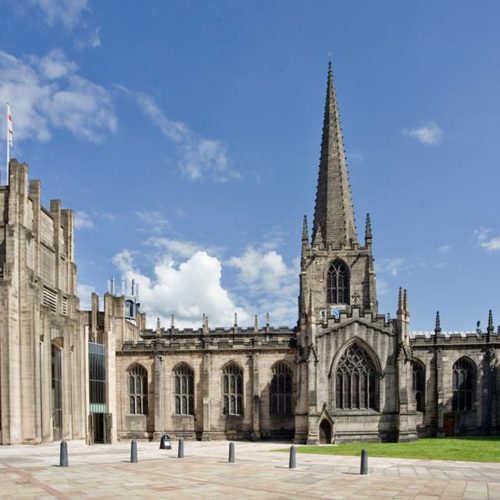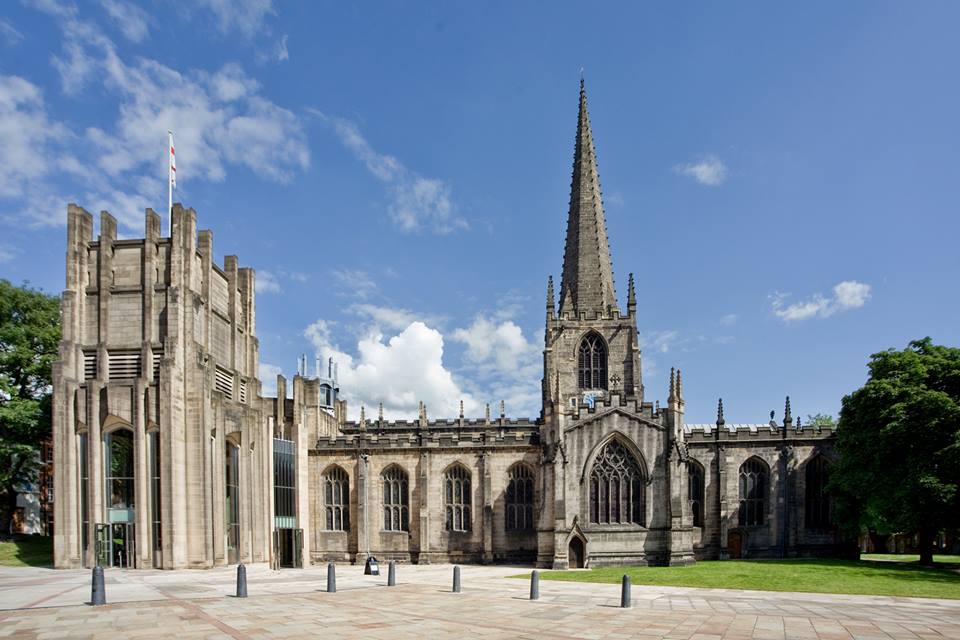Revealed: A culture of bullying in an English Cathedral
mainThe Bishop of Sheffield has issued a heavily redacted report about last summer’s sacking of the choir and musicians at his Cathedral.
The nub of the matter is this: The Visitation Team found evidence of an environment at the Cathedral which has tolerated bullying
and blaming and has been characterised by a fear of speaking out.
So what’s to be done? Engage an expert third party to undertake an audit of senior management skills, capabilities and management styles, to ensure that all staff, but especially senior managers, are equipped with the requisite experience and abilities to enable a journey to a healthy and happy future…
It gets worse.
The Visitation Team found there was no meaningful consultation with stakeholders concerning closure of the choir prior to the decision on 6 July 2020. This failure, together with the failure to deliver a clear and consistent message about the reasons for the decision, compounded the reputational and relational hurt.
That’s really bad. What on earth should they do?
In the light of this, I direct that Chapter should
1. As a step to enabling the whole Cathedral community to move on and to the repairing of relationships, give serious consideration to issuing an unreserved apology for the unintended hurt that has been caused by the closure of the Cathedral choir and in particular to former choristers.
2. Explore the possibilities for some process of mediation with former members of the Cathedral choir and chorister parents.
In plain English: absolutely nothing.







Comments